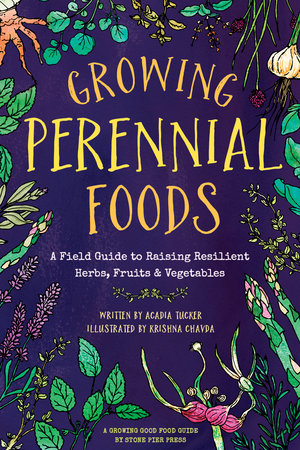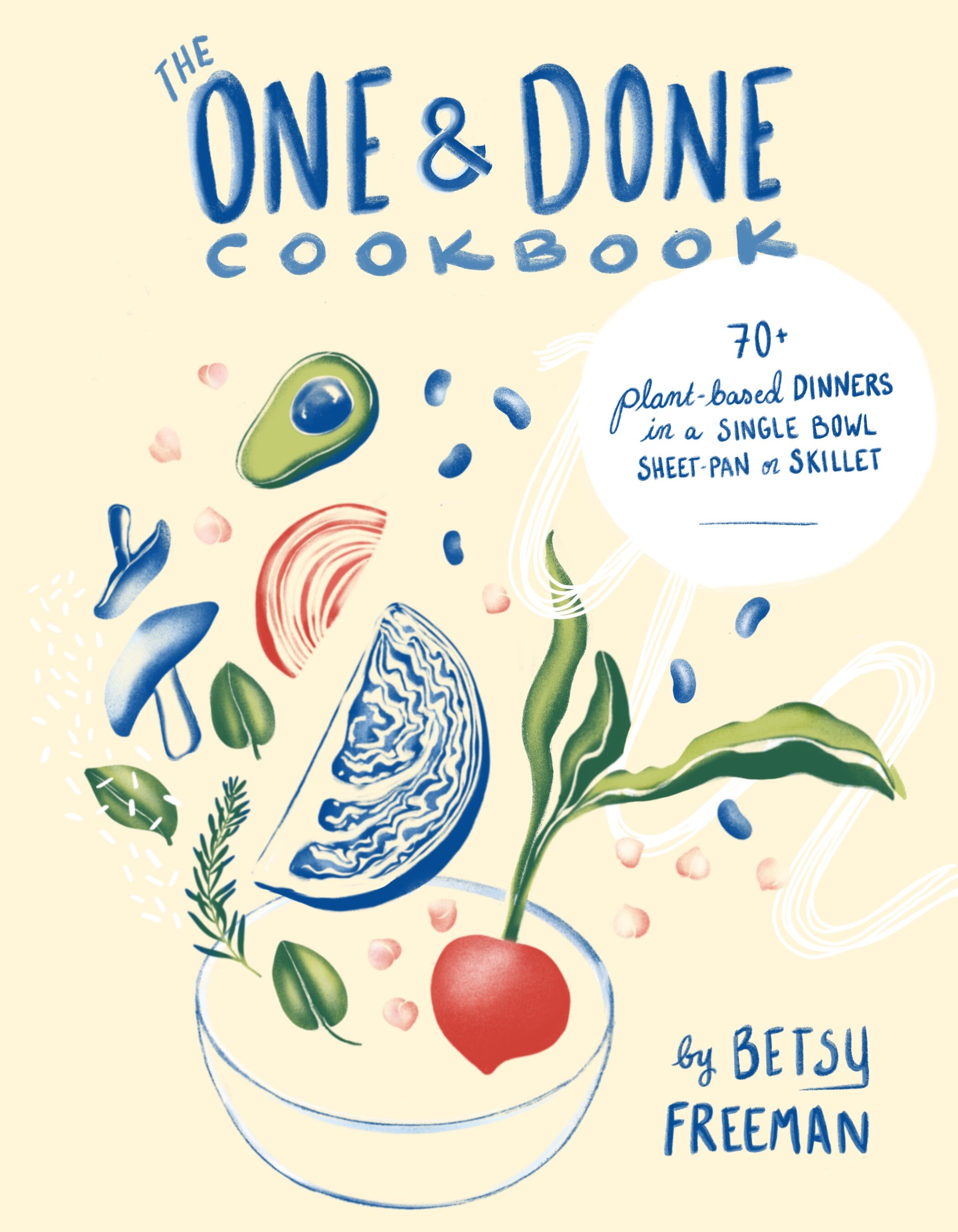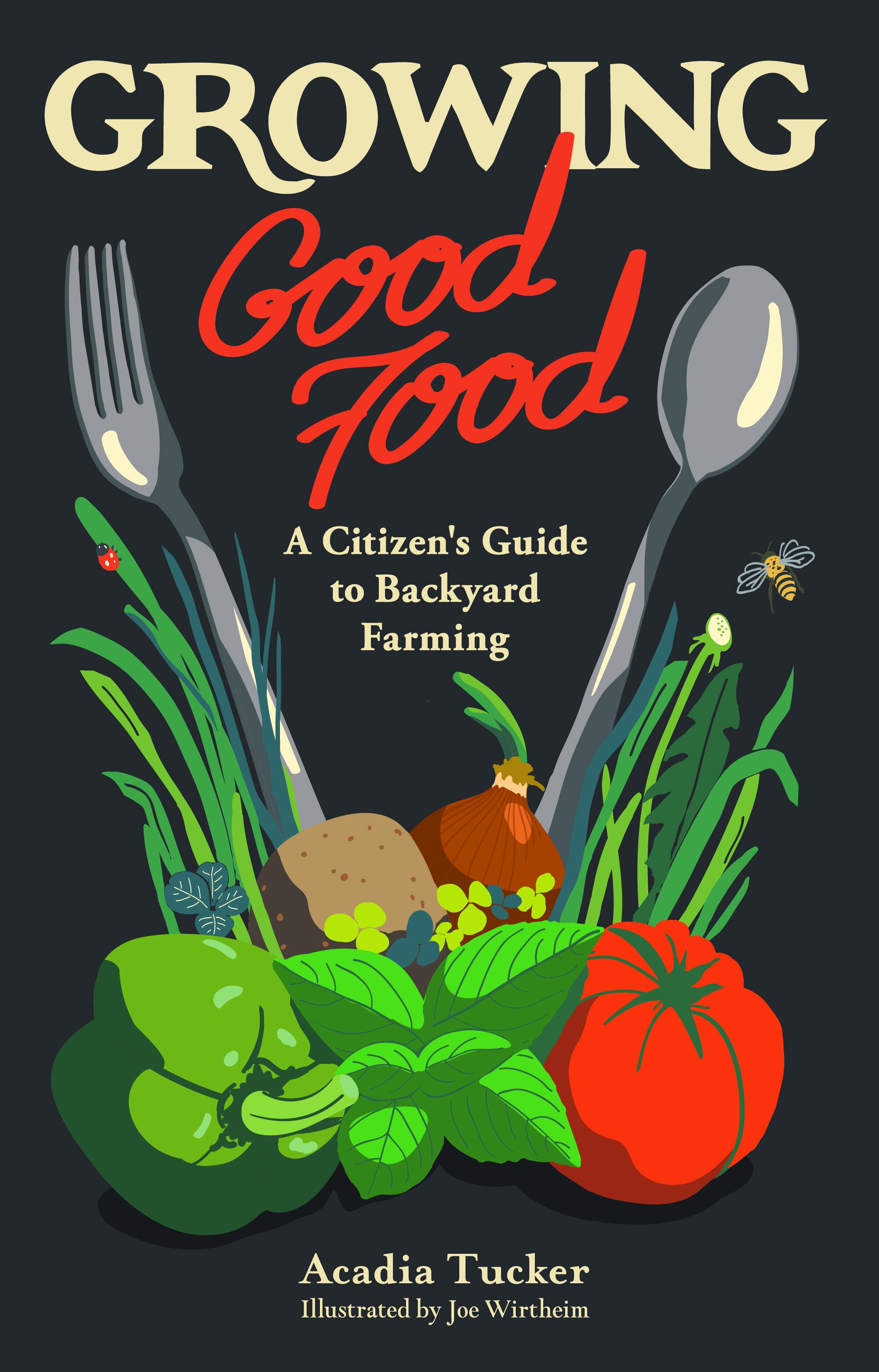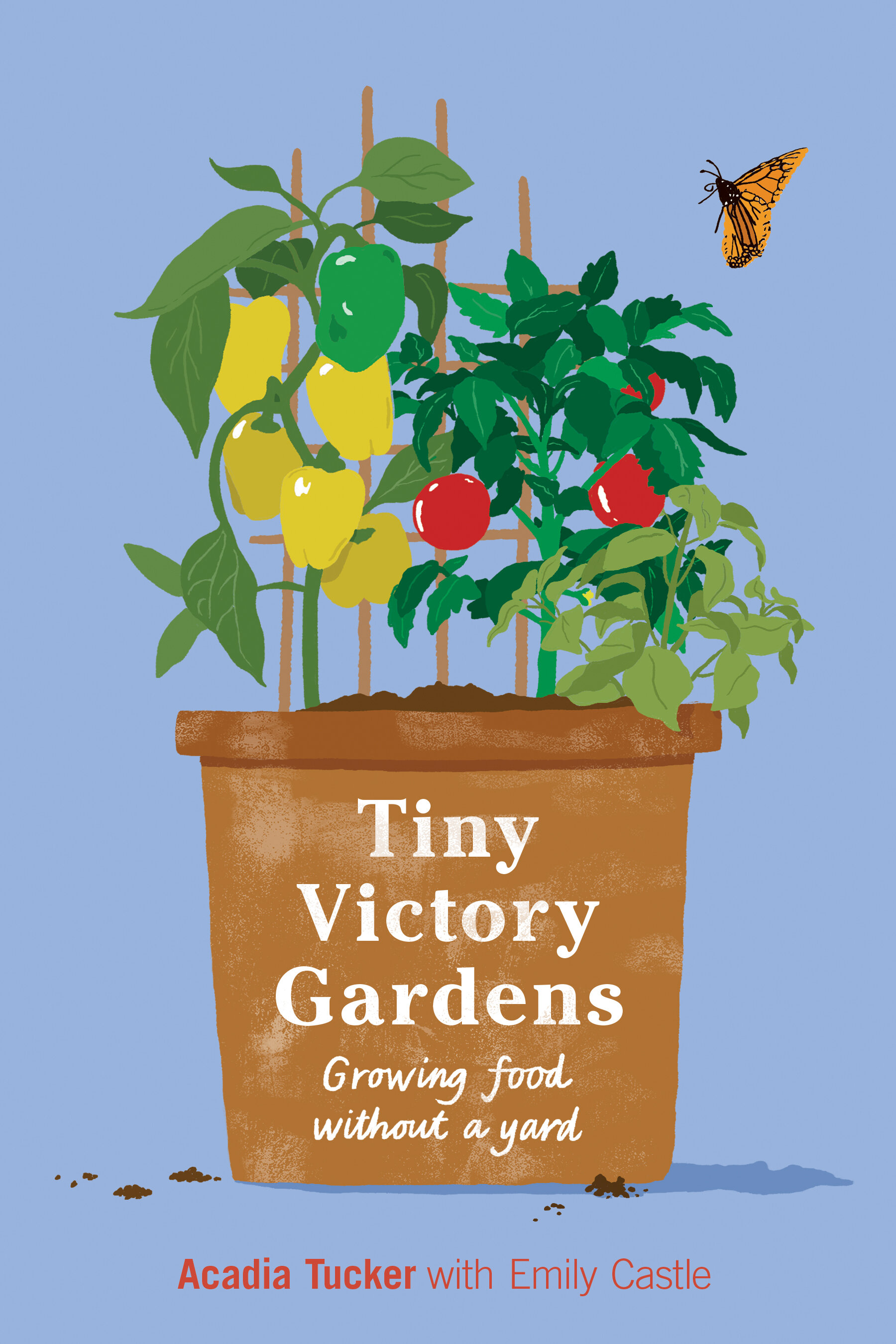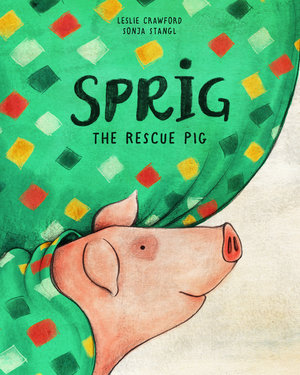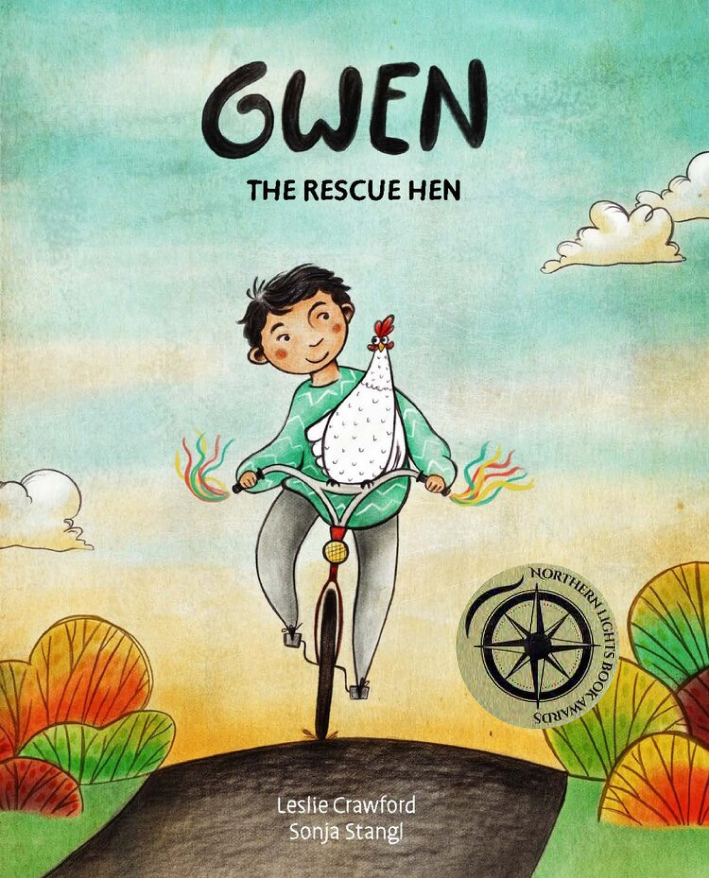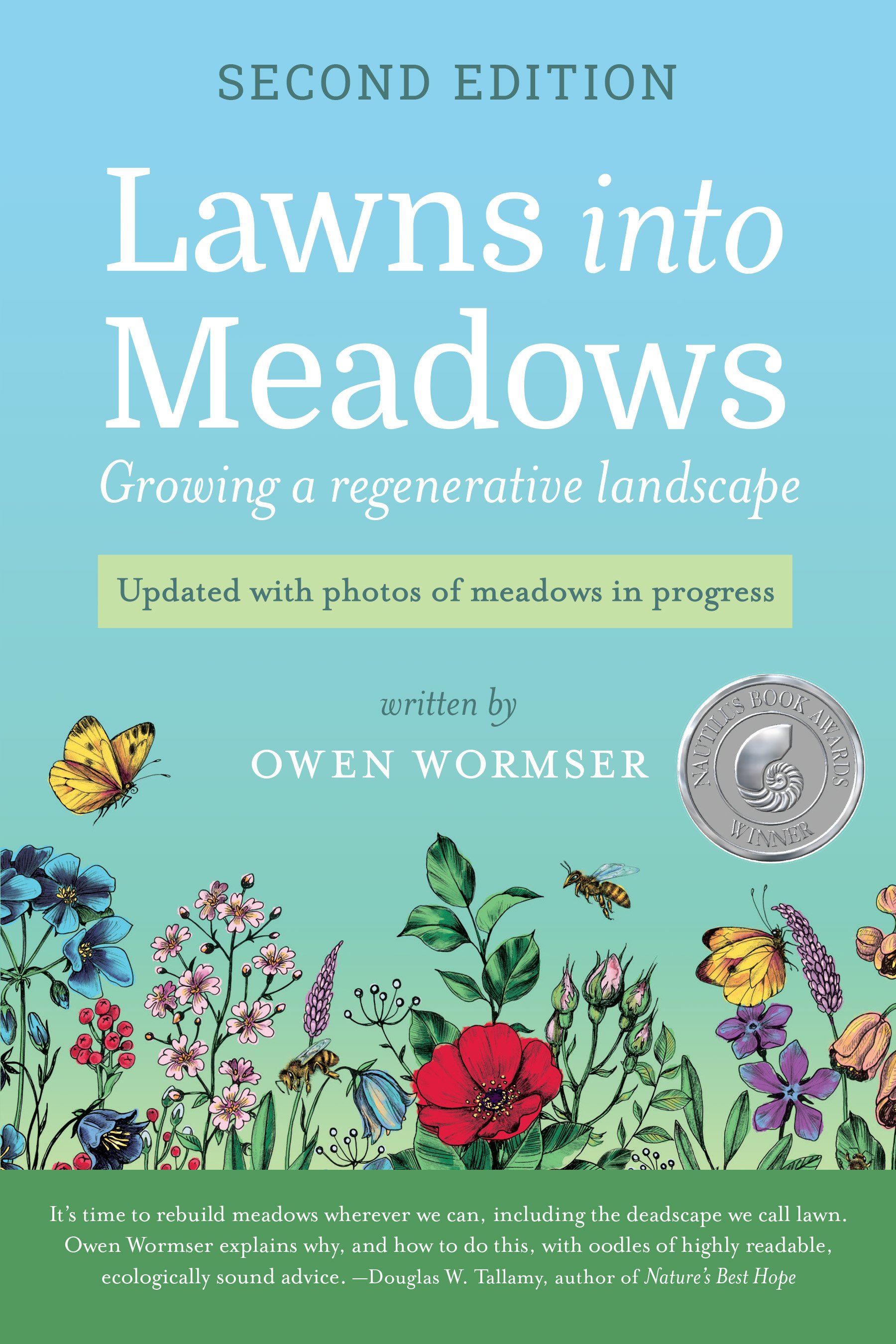Supporting your local fisherman—and ocean—is easier than ever
Three vessels that catch fish for Nerka Sea Frozen Salmon, in southeastern Alaska. Source: Samuel Hill in National Fisherman
When Northern California announced its shutdown in mid-March, Jenn Lovewell, the Chief Nutrition Officer of Real Good Fish, was anxious. “People were saying there would be no market for salmon,” said Lovewell who runs the Monterey-based sustainable fish company she founded in 2012 with her husband, Alan.
She couldn’t have anticipated that only two months later she and Alan would be working harder than ever to meet demand, even taking on furloughed restaurant workers to support their team. Real Good Fish, a Community Supported Fishery (CSF), pivoted to offer home delivery options during the California shelter-in-place orders. The adjustment required massive changes to its online platform, which used to deliver only to community pick-up locations.
“We gotta help both ends of the supply chain now,” said Lovewell recently, after another sleepless week. And it’s working. During the pandemic, Real Good Fish has expanded delivery to six other states: Utah, Arizona, Nevada, Washington, Idaho and Oregon.
The Real Good Fish team hustles to keep up with the surge in demand for local, fresh-caught fish. Photograph: Parker Seibold
Early on in the pandemic, the signs of a fragile food supply system were everywhere. The country witnessed empty grocery shelves, tons of vegetables rotting in fields, the mass extermination of livestock, and miles of food bank lines. One response has been a surge in support for Community Supported Agriculture (CSA), as more people turn to local suppliers. Veggie CSAs are doing so well, in fact, that many report selling out their shares and starting waitlists. CSFs offer the same opportunity to connect with a reliable food source, and they’re more convenient than many know.
“Even ordering domestically caught fish from the next state over emits lower carbon emissions than supporting the estimated eighty percent of fish imported from overseas”
It may come as no surprise that most fishing suppliers are based near the coast and large freshwater bodies of water. But CSFs are also available to those who live in a landlocked region. (To find the closest CSF, you can use Local Catch.)
Sometimes this means getting your fish flown in. But even ordering domestically caught fish from the next state over emits lower carbon emissions than supporting the estimated eighty percent of fish imported from overseas, according to the National Oceanic and Atmospheric Administration.
5 reasons to join a CSF
Ocean-friendly catches. Community-supported fisheries are regulated to maintain healthy ocean ecosystems. The regulations ensure fishermen are licensed to catch species that are plentiful in their region during that season - in some cases, this is even enforced by an NOAA trained observer going out with the fishing vessels. Additionally, instead of wasting unintentionally caught fish, also known as bycatch, CSFs have the ability to add those to members’ deliveries.
“There’s nothing like squid off the boat. It’s life changing.”
Some CSFs establish partnerships with sustainability awareness programs. Real Good Fish, for instance, partners with Monterey Bay’s Seafood Watch Program, which categorizes fish into either the best choice, a good alternative, or something to avoid.
You can trust the label. Mislabeled fish, otherwise known as seafood fraud, accounts for one in five fish sold at 33 percent of stores or restaurants offering seafood. And because the global fish supply chain can’t be easily traced, it’s unlikely your waitress or store representative can let you in on whether your fish is wild-caught in Alaska or farmed in Asia.
With a direct-to-consumer model, you get a chance to talk directly to the fishermen who caught your dinner, though you might not feel the need to since the texture and appearance of freshly caught fish makes it much easier to identify than packaged store-bought, mystery fillets.
Community supported fisheries provide an ethical, trustworthy, ecological, and local seafood alternative to imported, industrially caught fish. CSFs also act as environmental stewards by abiding by conservation laws and fishery management regulations. Infographic: Brianna Bradley
You get a variety of fish. Salmon, tuna, and shrimp are among the top three most popular species in the United States, which puts enormous pressure on these species. To avoid further pressuring the stocks of those species, ocean ecologists recommend we eat towards the bottom of the food chain— the way a fish would.
The other advantage of this approach is that you might try unfamiliar seafood and love it, which is true for many Real Good Fish members. “Mackerel is usually used for bait, but 70 pounds sold out in an hour yesterday,” exclaims Lovewell.
Calamari is another example of a generally unpopular seafood that has taken off with members during the pandemic. “There’s nothing like squid off the boat,” says Lovewell. “It’s life changing.”
Wild caught fish isn’t the only way to support healthy oceans. There is such a thing as ethically and sustainably farmed fish, or aquaculture. It’s possible that much more of the world’s supply of fish will be farmed in the future, according to the Food and Agricultural Organization. Fortunately for our forests, aquaculture has a low environmental impact compared to other types of industrial farming.
Dave Toriumi is one of the local fishermen Real Good Fish employs to stock its CSF.
The best farmed choices will be labeled with these eco-certifications in stores. The tradeoff is that only eight species are eligible for eco-certification. But when buying from a CSF, there is both species diversity available and minimal impact on fish’s natural environment in the open waters.
It’s fairer to people. Industrial livestock agriculture is well known for inhumane working conditions. This is also the case on huge fishing vessels in international waters. The lack of transparency in the seafood industry is tied to human trafficking, forced labor, and outright illegal fishing practices, a number of which were uncovered recently Oceana, a nonprofit that works to protect and restore oceans. In addition to those injustices, the unlawful profits these industrial fishermen make directly undercut the livelihoods of local fishermen.
But CSF members are in close touch with local fishermen, like Dave Toriumi, who used to fish for fun while working a full-time day job. Discovering the Real Good Fish community springboarded his dream career. The fishing revenue enabled him to buy larger vessels for himself, obtain a salmon license, and finally, make the switch to working full-time as a commercial fisherman in Monterey Bay.
Flexible and affordable. Maybe you don’t want to eat fish daily, or even weekly. That’s okay. No single CSF operates the same way, but you can usually choose how frequently you want your fish delivered. Cedar Plank Seafoods, based in Washington State and Montana, offers bulk pre-orders for the season of your choice. New York-based seafood lovers might like the surprise element of Dock to Dish deliveries, which delivers whatever’s freshest every week. For someone with seafood allergies or a strong aversion to certain fish, the highly customizable deliveries by Real Good Fish might be the way to go.





